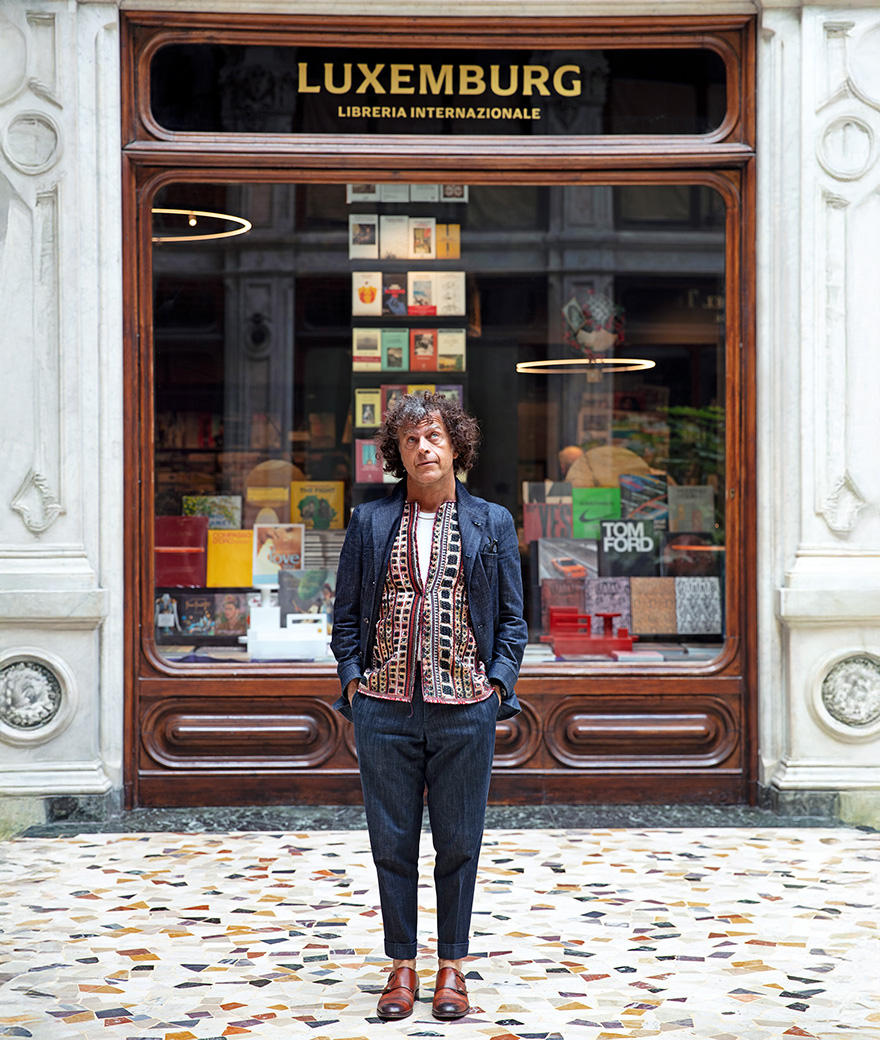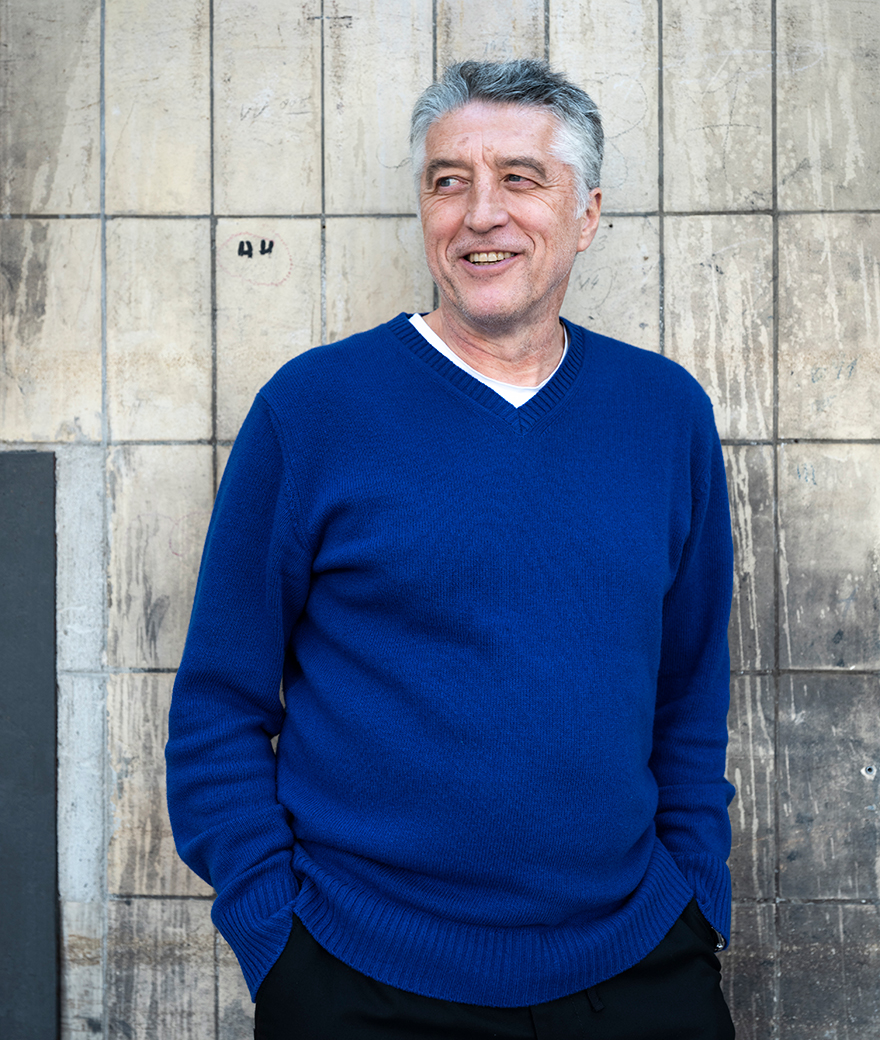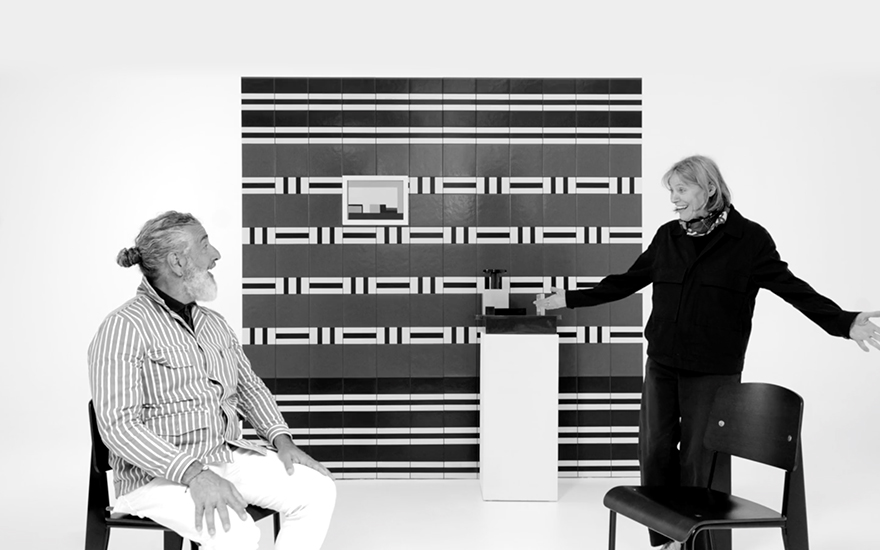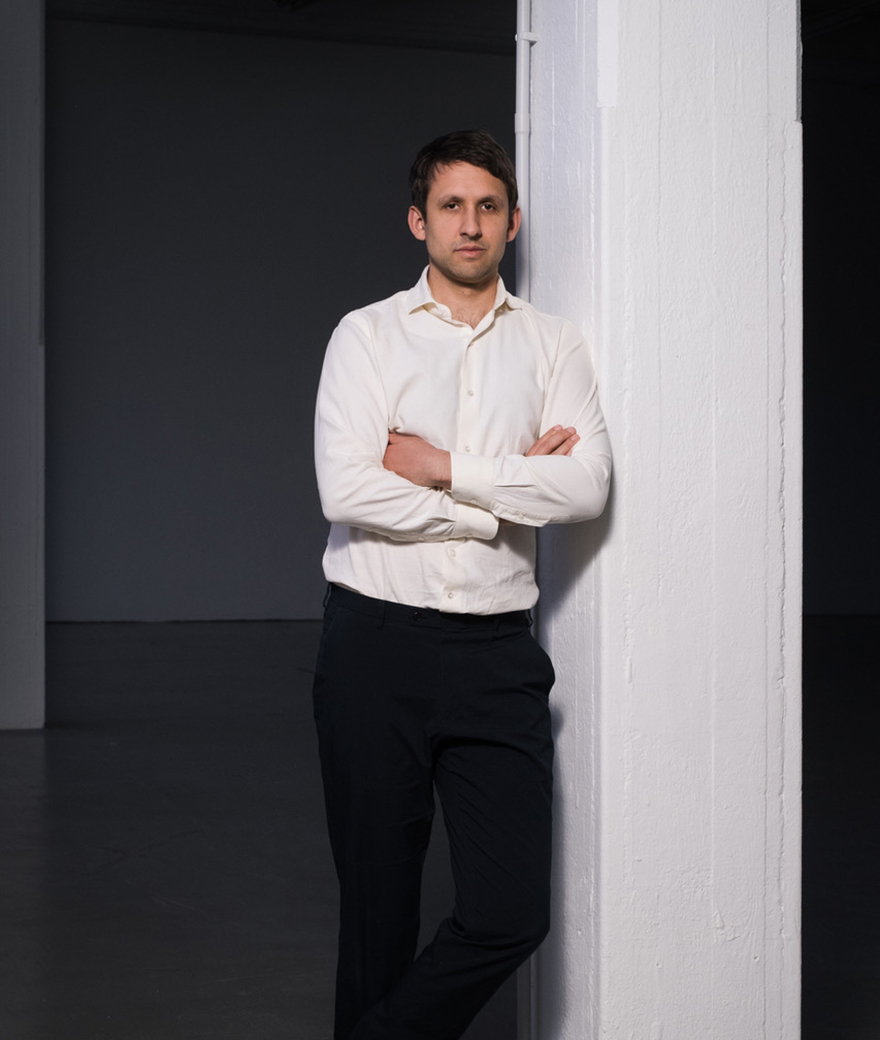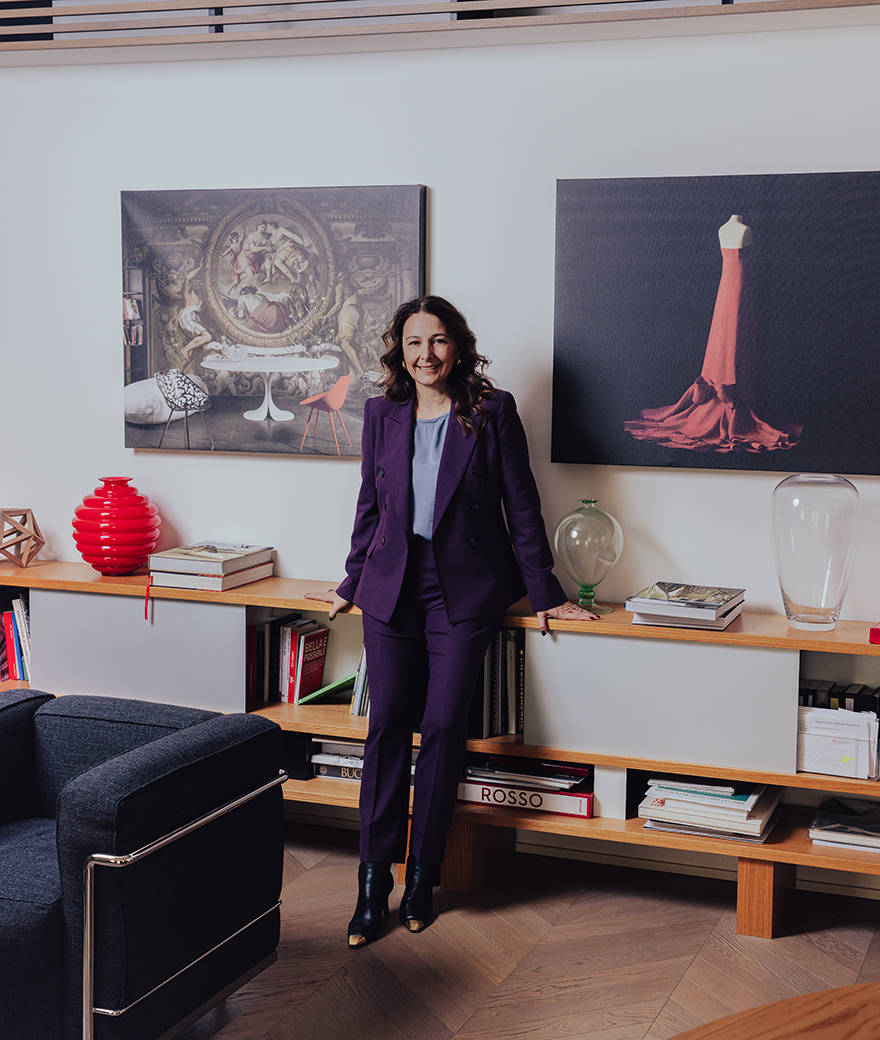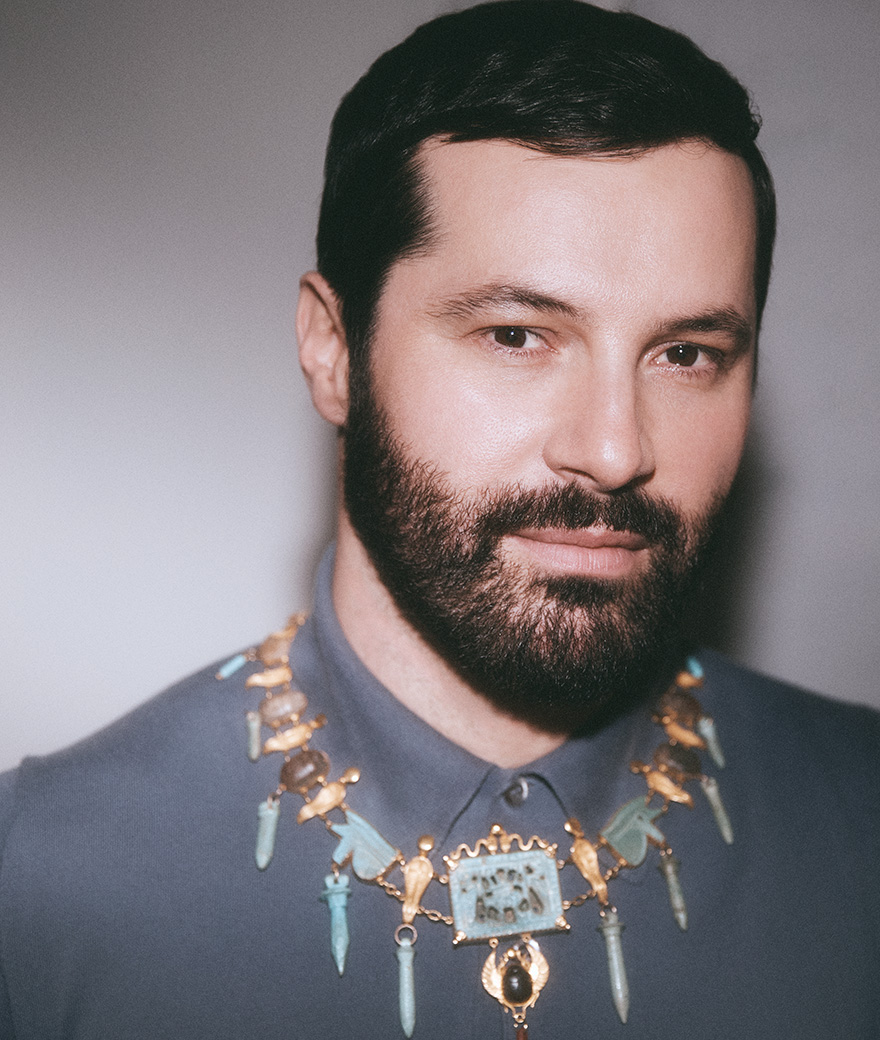A talk with Helen Nonini
Mutina is pleased to welcome Helen Nonini into her team. Helen is founder and CEO of the consultancy firm Schwa, with which she carries forward a corporate vision based on Diversity, Equity & Inclusion.
We decided to celebrate this new collaboration with a dedicated Talk, in which she told us about her past work experiences and how they influenced her approach to the client. She explained us how the brands’ needs changed throughout the years as well as about the role that sustainability and mental health occupy within a profitable and sustainable business strategy.
Today you are Founder and CEO of Schwa, a Consultancy Firm focusing on Diversity, Equity & Inclusion. Would you tell us about your career path? How did you get here?
My interdisciplinary approach comes about from a professional path that allowed me to experiment working in different fields: it begun in the financial world, to then getting into the non-profit sector and, then again, communication. Finally, I debuted into strategic consultancy for companies.
Schwa is the sum of the skills and knowledge I developed during these years, as well as those of my partners. I decided to work on Diversity, Equity & Inclusion not only because of my personal experience, but because I strongly believe that they are prior values for all organisations, as market trends show as well.
How these work experiences have contributed to the understanding of all client’s needs?
Each of them has taught me to observe businesses both internally and externally. A point of view that evolved throughout the years, providing me different perspectives to analyse the client’s needs, with an interdisciplinary approach.
What values do you carry forward with Schwa?
Authenticity, respect and beauty.
What are the main phases through which a business consultancy is developed? What kind of relationship do you create with your clients?
The method used by Schwa consists of three macro-phases: the first one features the listening and the analysis of the company, internally and externally. This allows us to identify the current position of the brand and comprehend its trajectory, helping it to grow in a plausible way, both economically and in terms of perception on the global market. In the second phase, we identify plausible actions to reach the goals of the brand. In the end, we monitor the results and establish the following activities.
So, we set ourselves as independent Advisors who support the first line of business in identifying and developing the most appropriate strategy.
Compared to your beginnings in the consultancy field, how did the needs of the companies change?
They are still similar for many aspects. It is the context that has changed: it is more complex, also due to geopolitical issues. The scenery is increasingly becoming global, volatile, and the factors you have to take into consideration are increasing.
With the drop of raw materials and the progressive worsening of the climate crisis, sustainability is becoming ever more a priority for brands. What kind of role does this aspect play in a strategic plan?
Sustainability is one of the ESG (Environmental, Social and Governance) factors and themes. Nowadays more than ever, it can’t not be at the core of a brand strategy. It’s an issue which requires us to reflect on the concept of responsibility. The planet will continue to evolve regardless of the human being: it’s us who can’t live without nature.
In addition to the preservation of the environment, there is also much talk about stress and mental health. How important is this aspect for the good functioning of a company, as well as for personal wellbeing?
It is now common knowledge that in a context which cares about its staff in terms of Diversity, Equity & Inclusion, people work better and are more motivated. Furthermore, it’s important that companies make employees feel comfortable in communicating a hardship, to accept it and resolve it together. This is why we work in partnership with Mindwork (a society that offers tool to enhance psychological well-being to companies) and Game2Value (a digital platform that allows to optimise the selection and valorisation processes of the staff through the use of video games).
To offer support services for psychological well-being, developing a DEI strategy is undoubtedly fundamental in order to attract and maintain talents. It also positively impacts the creation of sustainable economic value.
Do you remember the first time you get into contact with Mutina? What impression did you get of the company and its team?
The first time I visited the Mutina Headquarters was on the occasion of an art event: I’ve been struck by how important culture was for the company. I immediately felt that art plays a fundamental role in their spirit, not only in terms of communication.
What’s your favourite Mutina collection? Why?
I think that they are all beautiful: I love their rigour and consistency, but also the openness to dialogue through which the company develops projects with artists and designers. Mutina can’t be associated to one collection, but to a universe that reflects clear values, applied with perseverance.
In 2011, you have written the book “Professione Problem Solver”, edited by Il Sole 24 Ore. What role does problem solving play in Schwa’s activity nowadays?
Problem solving is still part of my job. For three years, I’ve been trained to find logical and efficient solutions to any kind of wish or less comprehensible need. A practice which taught me to become a bit like Alice in Wonderland, finding my reality even in an upside down world. Today, this allows me to identify innovative solutions for our companies.
What’s the most interesting aspect of your job?
The great opportunity to get to know different realities, listening to talented people. Being able every time to understand how working with care and love always makes the difference.
“I decided to work on Diversity, Equity & Inclusion not only because of my personal experience, but because I strongly believe that they are prior values for all organisations, as market trends show as well.”

